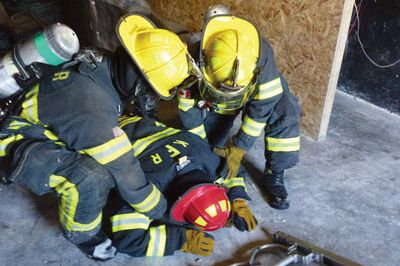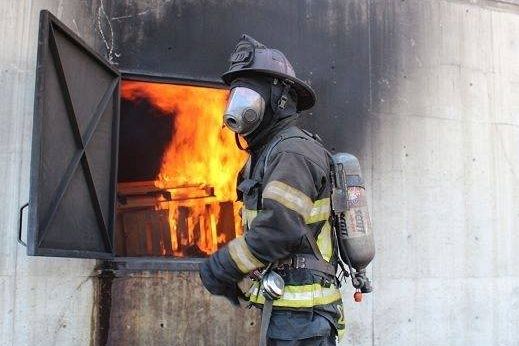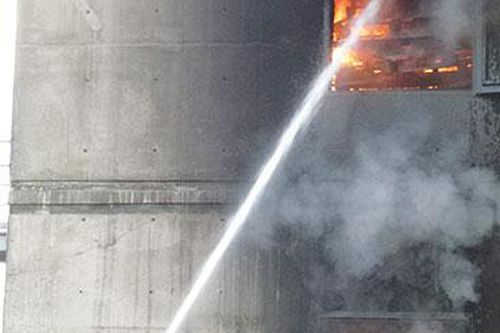
Understanding the EMR Scope Update in British Columbia (Ministerial Order M292)
August 21, 2025
Emergency Medical Responders (EMRs) play a vital role in providing frontline emergency care across British Columbia. Recently, Ministerial Order M292 introduced significant changes to the EMR scope of practice, expanding the skills and interventions EMRs are authorized to perform.
These updates align EMRs more closely with the evolving needs of patients and the healthcare system, empowering them to deliver faster, more effective care in urgent situations. However, to practice under the new scope, all licensed EMRs must complete an approved Scope Update course.
Why Was the EMR Scope Updated?
The expansion of the EMR scope is designed to ensure patients receive timely, lifesaving interventions while awaiting advanced care. By authorizing EMRs to perform additional procedures and administer more medications, BC is bridging the gap between first response and advanced pre-hospital care.
Key Changes for EMRs
1. Expanded Medication Administration
EMRs are now trained and authorized to administer a wider range of medications, including:
-
Epinephrine (auto-injector or weight-based dosage)
-
Naloxone
-
Nitroglycerin
-
Glucagon (intramuscular/subcutaneous)
-
Salbutamol (via nebulizer or MDI with spacer)
-
ASA (Aspirin) for cardiac-related chest pain
2. Enhanced Diagnostic Capabilities
To improve assessment and patient monitoring, EMRs can now use:
-
Blood glucose monitors
-
Non-invasive blood pressure devices
-
Pulse oximeters
3. Advanced Interventions
The new scope expands EMRs’ ability to perform lifesaving procedures such as:
-
Wound packing
-
Application of anti-clotting agents
-
Administration of inhaled analgesics (e.g., nitrous oxide / methoxyflurane / Penthrox)
Certification and Training Requirements
While the expanded scope offers important benefits, EMRs cannot perform these new skills until they have successfully completed a recognized Scope Update course.
Approved training providers — including St. John Ambulance, Delta First Safety, and other licensed organizations — deliver blended learning programs that cover the new Schedule 1 and Schedule 2 requirements under EMALB.
Without completing the course, restrictions remain on an EMR’s license.
What This Means for EMRs
The EMR Scope Update equips responders with the tools to provide more comprehensive emergency care in their communities. From advanced wound management to cardiac interventions, EMRs now have a broader range of options to stabilize patients until higher-level care arrives.
This shift not only improves patient outcomes but also strengthens BC’s overall emergency response system.
Stay Current with BC’s Updated Scope of Practice
If you are a licensed EMR in British Columbia, completing a recognized Scope Update course is essential to maintain your certification and practice under the expanded scope.
[Learn more about our EMR Scope Update course at Provincial Fire & Safety Training Ltd.]
Insights
Keep up to date with training tactics and strategies for emergency responder safety and training programs. Industry leaders in safety and training programs share their insights on past and current trends and topics here.




